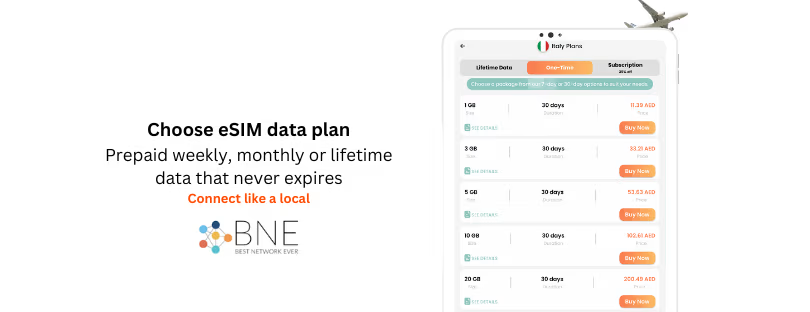
Roaming: Crossing Borders in Telecommunication
Okay, let’s talk about roaming. That magical (and sometimes terrifying) feature on your phone that lets you stay connected when you’re adventuring beyond your usual stomping grounds. We’ve all been there, haven’t we? That moment you land in a new country, switch on your phone, and… boom! Instant connection. You can Instagram your first gelato, navigate unfamiliar streets, and reassure your mum you arrived safely.
It’s a beautiful thing.
But then, the bill arrives. And suddenly, that beautiful thing turns into a monstrous, wallet-eating beast. We’ve all heard the horror stories. The guy who accidentally racked up a £2,000 bill while live-streaming his holiday. The family who returned home to find their “quick trip” had cost them a small fortune in data charges. Roaming can be a minefield, but it doesn’t have to be. Let’s break it down, shall we?
The Good, the Bad, and the Data-Hungry:
Roaming is essentially your phone borrowing network coverage from another provider in a different country. Think of it like renting a car while you’re on holiday. You’re using someone else’s resources, so you’ve gotta pay for it. The problem is, that the cost of that “rental” can vary wildly, and that’s where the trouble often starts.
The “good” of roaming is undeniable. It’s convenience at its finest. Imagine trying to navigate a foreign city without Google Maps. Or trying to contact your Airbnb host without WhatsApp. Roaming allows us to stay connected, informed, and (most importantly) not completely lost. It’s a lifeline for travellers, especially in today’s hyperconnected world.
The “bad,” as we’ve already established, is the cost. Roaming charges can be exorbitant, especially if you’re not paying attention to your data usage. And the “data-hungry” part? Well, that’s all of us, isn’t it? We’re so used to being online 24/7 that we often don’t realise how much data we’re actually consuming. Scrolling through Instagram, streaming music, or even just checking your emails can quickly add up when you’re roaming.
Taming the Beast: Your Roaming Survival Guide:
So, how do you enjoy the convenience of roaming without breaking the bank? Here are a few tips and tricks to keep in mind:
- Plan Ahead (Seriously, Plan Ahead): This is the most crucial step. Before you even pack your bags, research the roaming charges for your destination. Check your current mobile provider’s rates and see if they offer any travel packages or add-ons. Many providers offer daily or weekly bundles that can significantly reduce your costs.
- Consider a Local SIM Card: In many countries, purchasing a local prepaid SIM card can be a much cheaper option than roaming. You’ll get a local phone number and a data allowance at local prices. Just remember to unlock your phone before you travel if it’s locked to your current provider. Also, do your research on reputable providers and data plans at your destination. Airport kiosks are convenient, but they often have inflated prices.
- Wi-Fi is Your Friend: Embrace the power of Wi-Fi! Whenever you’re in a cafe, hotel, or any place with free Wi-Fi, connect to it. This will help you conserve your mobile data and avoid those pesky roaming charges. Download maps, podcasts, and movies beforehand so you can access them offline.
- Data Detox (It’s Good for the Soul): While you’re travelling, try to be mindful of your data usage. Do you really need to scroll through Instagram for hours? Can you check your emails later? A little data detox can not only save you money but also help you be more present in the moment. Enjoy the experience, not just document it for social media.
- Turn Off Data Roaming (Unless You Really Need It): This might seem obvious, but it’s surprising how many people forget to do it. If you’re not actively using your phone for navigation or communication, turn off data roaming. You can still use Wi-Fi, but you won’t accidentally rack up charges while your phone is checking for updates in the background.
- Check Your App Settings: Some apps are notorious for consuming data in the background. Check your app settings and disable any unnecessary background data usage, especially for apps like social media, email, and cloud storage.
- Monitor Your Usage: Keep an eye on your data usage while you’re roaming. Most phones have built-in tools that allow you to track your data consumption. This will help you stay within your budget and avoid any surprises when you get your bill.
- Beware of “Day Passes”: Some providers offer “day passes” for roaming, which seems like a good deal at first. However, these can sometimes be more expensive than other options, especially if you’re travelling for an extended period. Do the math and compare the costs before you commit to a day pass.
- Contact Your Provider: If you have any questions or concerns about roaming charges, don’t hesitate to contact your mobile provider. They can explain your options and help you choose the best plan for your trip.












